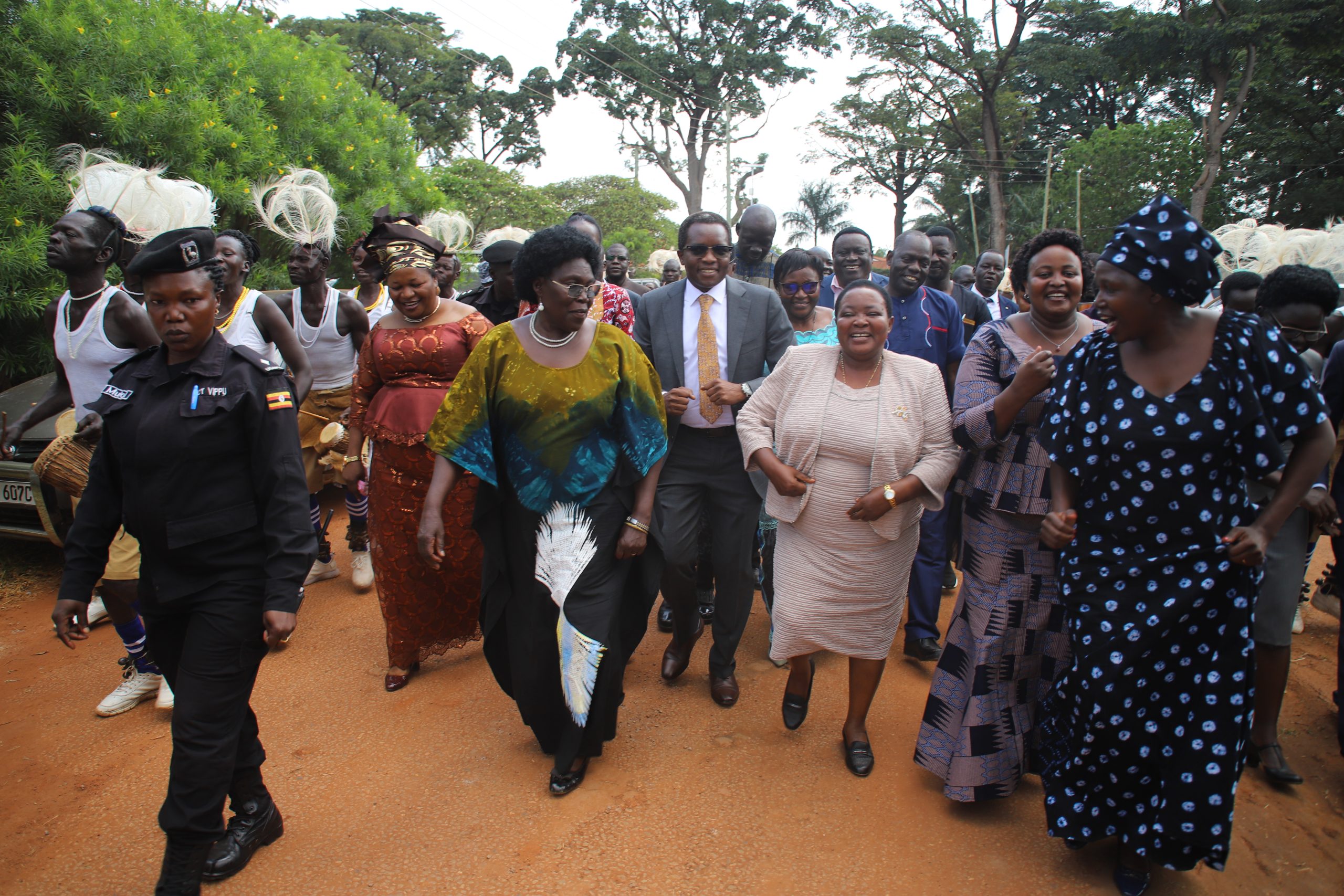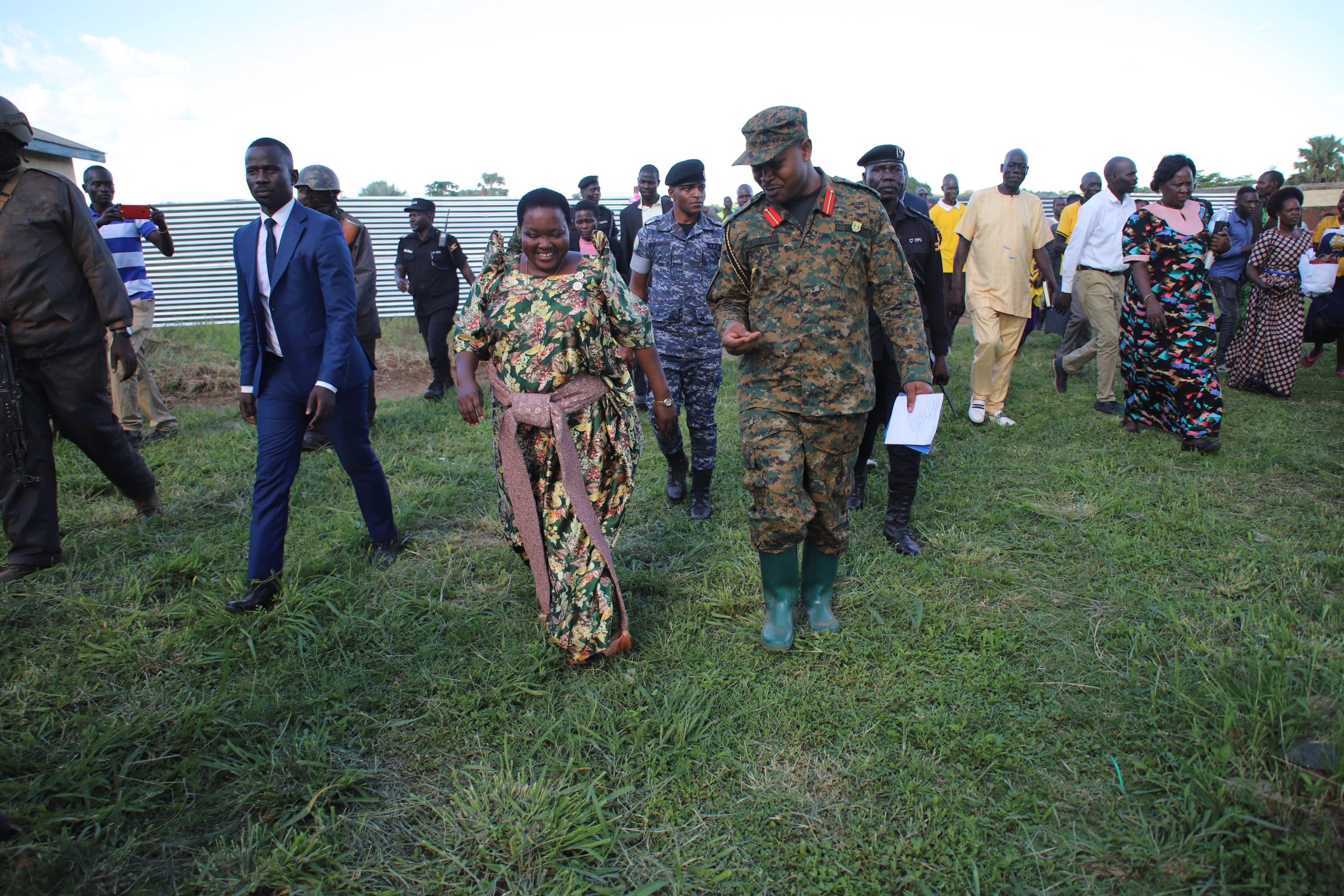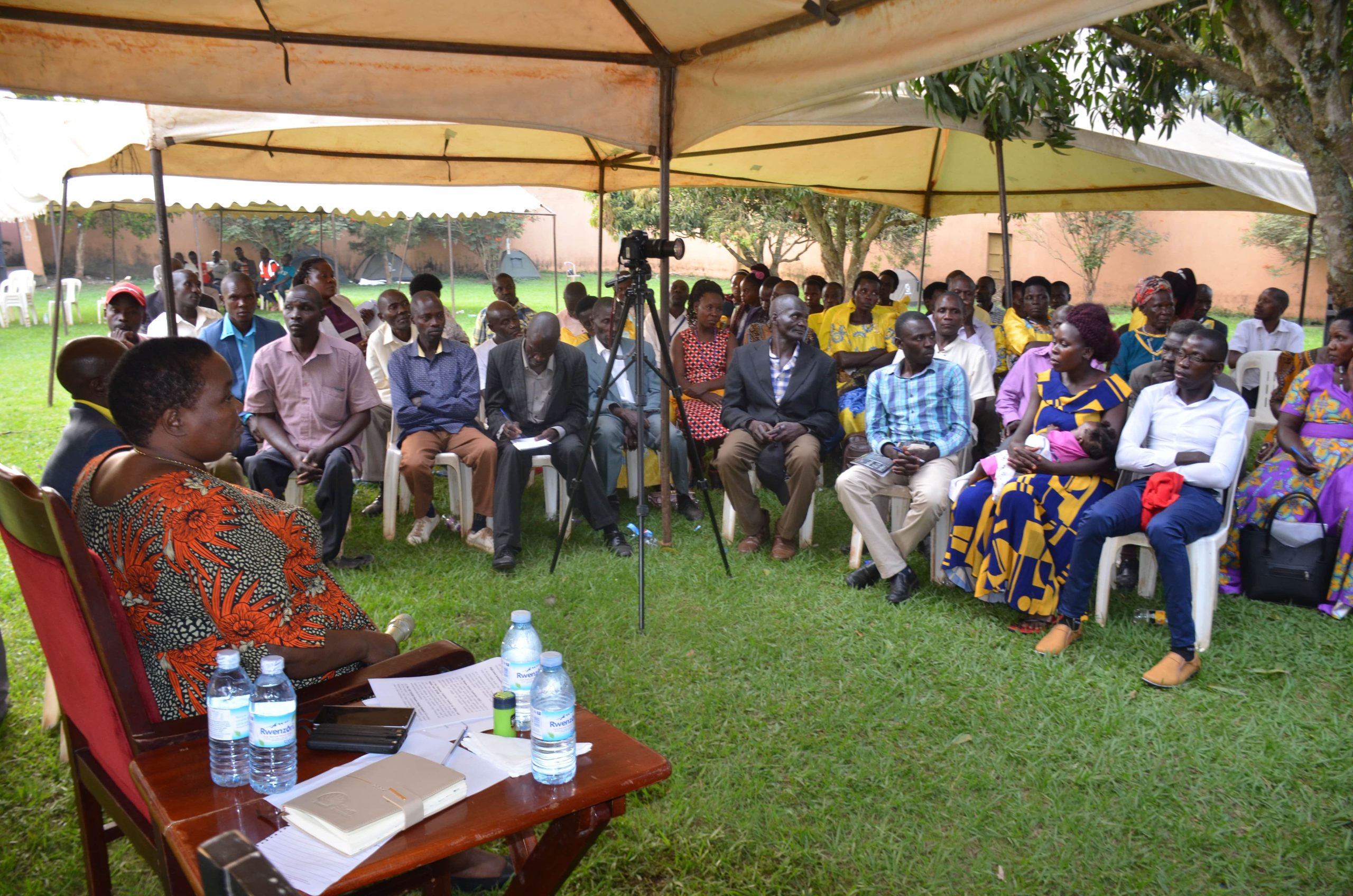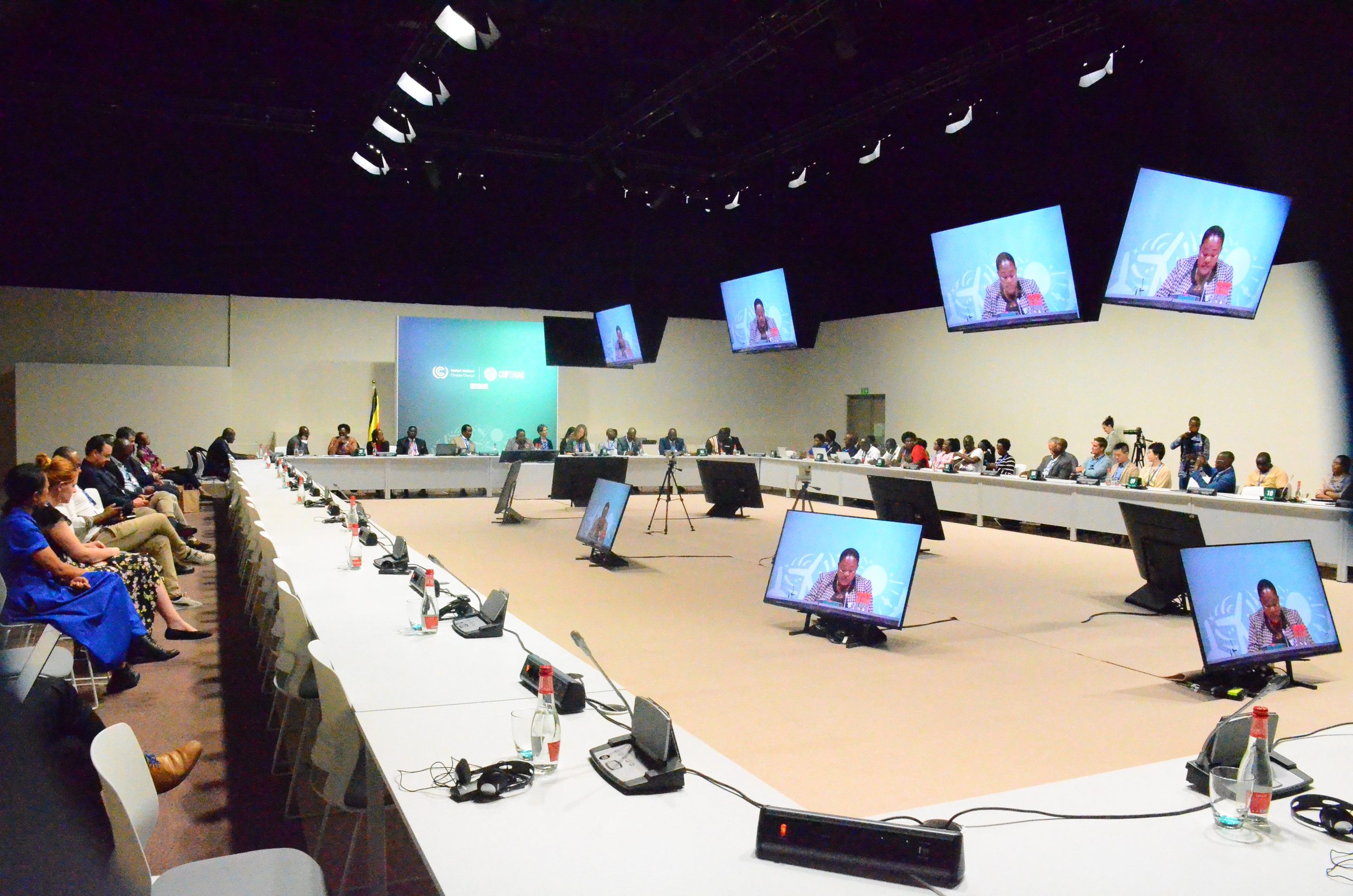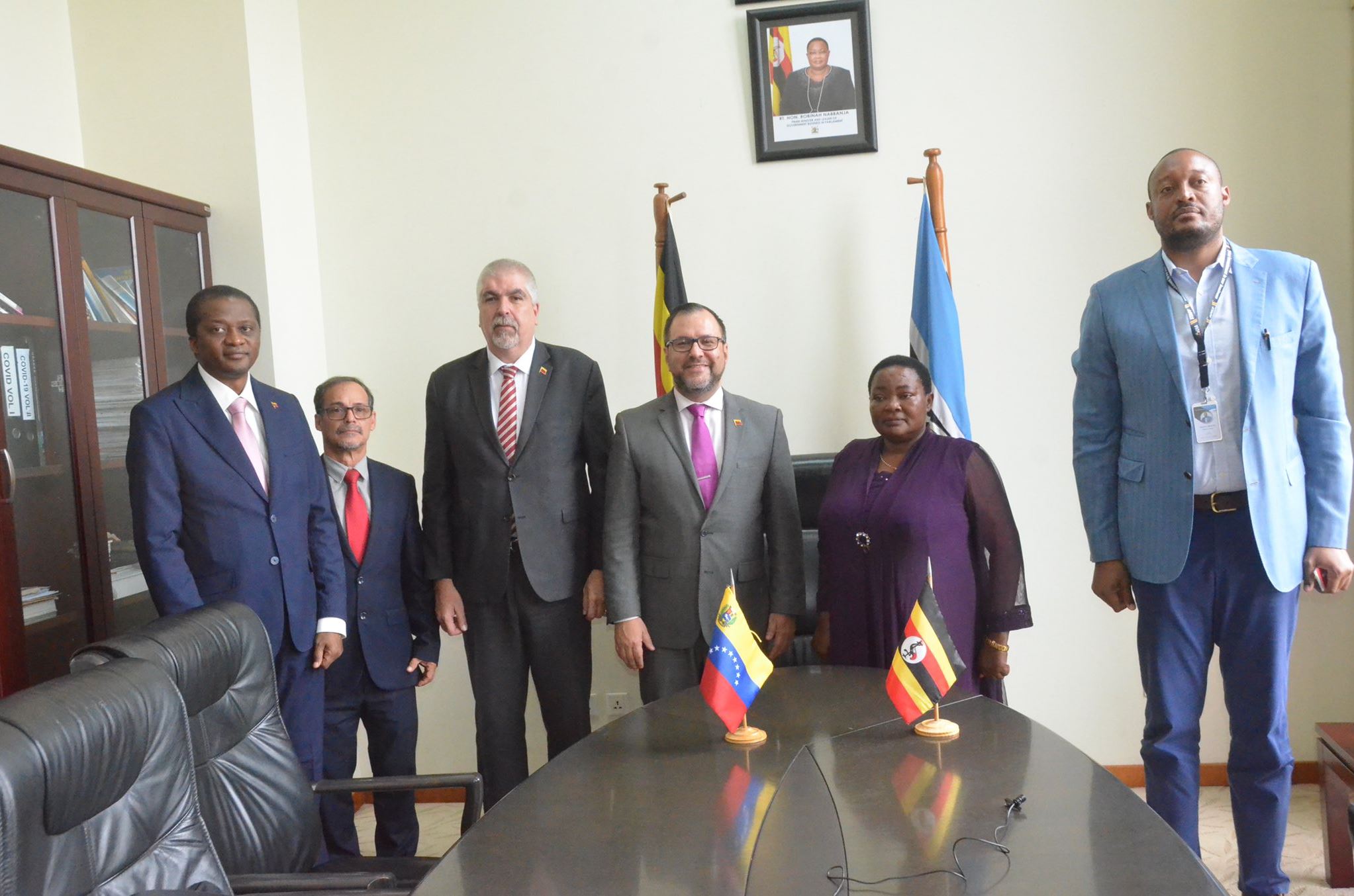Zombo Resident District Commissioner (RDC) Andrew Kajoyingi has asked local leaders to embrace the baraza saying such meetings foster accountability and transparency in service delivery and management of public finances.
“Barazas help you to account for public finances. Attend and explain to citizens how much funds you received and how you spent it. That is the accountability people want,” he said on November 11.
Mr Kajoyingi was speaking at a baraza meeting organized by the Office of the Prime Minister under the Development Initiative for Northern Uganda (DINU) in Paidha Town Council in Zombo District.
Mr Kajoyingi said district leaders should ensure that funds are spent on planned activities to ensure efficient and effective service delivery.
Zombo District deputy chief administrative officer David Muhwezi, who chaired the baraza, asked the government to tarmack the road from Nebbi through Zombo to the Vura border.
According to Mr Muhwezi, the road, estimated to be 79km, will ease transportation of people, goods and services in the area.
“As Zombo District leaders, we have agreed that this road is very important since it connects various border customs points such as Goli, Padea, and Vura. We therefore request the government to consider tarmacking it under the DINU programme,” he said, attracting applause from the audience.
Paidha Town Council leaders presented performance of various sectors for the financial year 2019/2020 at a meeting of about 150 people. The baraza was part of the 20 DINU supported meetings that OPM has planned under the first phase in five beneficiary districts of Amuria, Moroto, Oyam, Pader and Zombo in Northern Uganda.
Mr Tony Okwir, the programme governance officer who represented the Gulu regional programme coordinator Beatrice Arach, said DINU supports OPM baraza activities as complemented by public expenditure tracking and budget transparency initiatives of the Ministry of Finance, Planning and Economic Development.
According to Mr. Joseph Muserero, the baraza coordinator at OPM, baraza is a participatory monitoring and evaluation tool aimed at assessing performance of service delivery.
He said barazas are being organized in adherence to the government standard operating procedures and Ministry of Health guidelines aimed at controlling the spread of coronavirus disease.
“Barazas enhance community involvement in holding the government accountable for public service delivery in relation to the resources spent,” he said.
DINU background
The Development Initiative for Northern Uganda (DINU), a Government of Uganda programme supported by the European Union and supervised by Office of the Prime Minister, was initiated in 2017. DINU is funded with a 132.8 million Euros grant from the European Union, 11.9 million Euros from the Government of Uganda and 5.9 million Euros from implementing partners.
OPM is responsible for the overall supervision of the DINU programme in partnership with local governments and a wide range of stakeholders, including other implementing partners – Department for International Development (DFID)/Trademark East Africa, Deutsche Gesellschaft für Internationale Zusammenarbeit (GIZ), United Nations Capital Development Fund (UNCDF), and United Nations Children’s Fund (UNICEF), and Uganda National Roads Authority (UNRA).
Other key implementing partners are nine grantees that are implementing various development projects under DINU in the five sub-regions of Acholi, Karamoja, Lango, Teso and West Nile.
These include CARITAS Switzerland, International Institute of Tropical Agriculture (ITTA), National Agricultural Research Organisation (NARO), Lutheran World Federation (LWF), CARE-Denmark, Konrad-Adenauer-Stiftung (KAS), Center for Health, Human Rights and Development (CEHURD), ADOL Health Care Initiative and DIAKONIA-Sweden.
